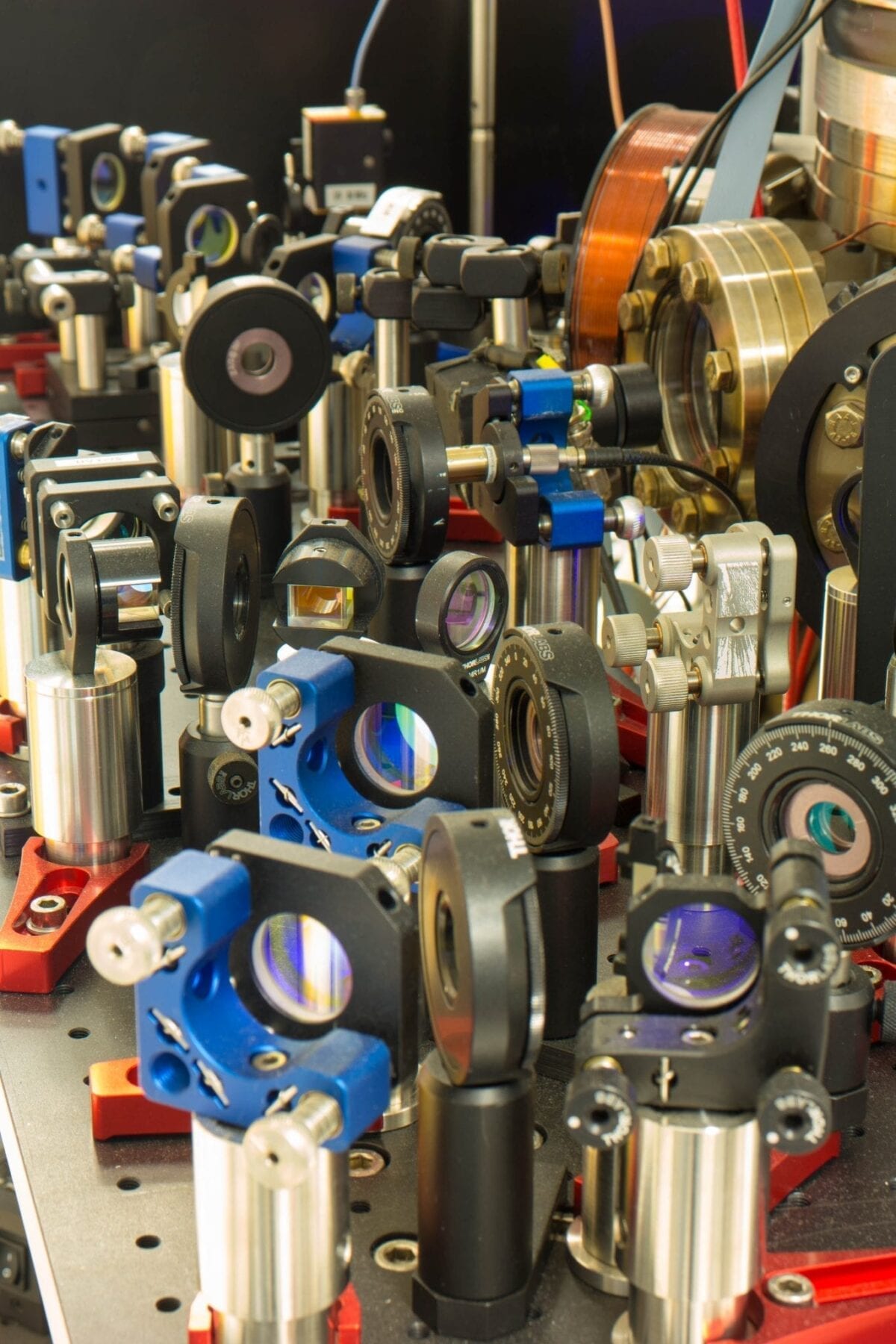
The Johannes Gutenberg University of Mainz (German: Johannes Gutenberg-Universität Mainz) is a university in Mainz, Rhineland Palatinate, Germany, named after the printer Johannes Gutenberg.
The Latest Bing News on:
Johannes Gutenberg University of Mainz Research
- Researchers uncover mechanism behind mitochondrial dysfunction in Alzheimer's
A team of researchers at Johannes Gutenberg University Mainz (JGU) has identified a mechanism that causes mitochondrial dysfunction in Alzheimer's patients resulting in a reduction of the supply of ...
- RNA Modification Behind Disruption of Mitochondrial Protein Synthesis in Alzheimer’s
A team of researchers at Johannes Gutenberg University Mainz (JGU ... Also involved in the research were groups at the Mainz University Medical Center, the Institute of Molecular Biology (IMB), ...
- Study argues traffic noise is a novel risk factor for cardiovascular diseases
An international group of noise experts from the Copenhagen Cancer Institute (Denmark), the Swiss Tropical and Public Health Institute (Swiss TPH), the Perelman School of Medicine at the University of ...
- Traffic noise, a novel risk factor for cardiovascular diseases
T. Münzel, M. Molitor, M. Kuntic, O. Hahad, M. Röösli, N. Engelmann, M. Basner, A. Daiber, M. Sørensen, Transportation Noise Pollution and Cardiovascular Health, Circulation Research, ...
- Study finds RNA modification is responsible for disruption of mitochondrial protein synthesis in Alzheimer's disease
A team of researchers at Johannes Gutenberg University Mainz (JGU) has identified a mechanism that causes mitochondrial dysfunction in Alzheimer's patients resulting in a reduction of the supply of ...
The Latest Google Headlines on:
Johannes Gutenberg University of Mainz Research
[google_news title=”” keyword=”Johannes Gutenberg University of Mainz Research” num_posts=”5″ blurb_length=”0″ show_thumb=”left”]
The Latest Bing News on:
Johannes Gutenberg University of Mainz Discovery
- Understanding the universe
Researchers from six German research institutions are making a significant contribution to the development of detectors for a new experiment at CERN, the research centre for particle physics Prof Dr ...
The Latest Google Headlines on:
Johannes Gutenberg University of Mainz Discovery
[google_news title=”” keyword=”Johannes Gutenberg University of Mainz Discovery” num_posts=”5″ blurb_length=”0″ show_thumb=”left”]




